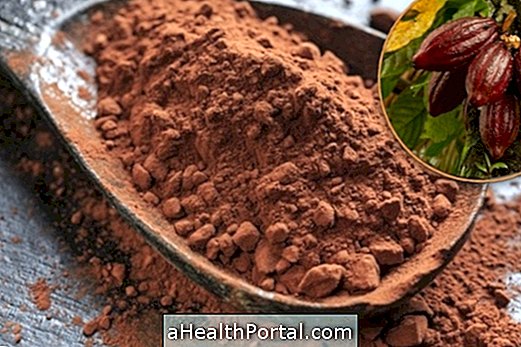Blueberry is a fruit that can be used as a medicinal plant to help cure coughing, for example.
Its scientific name is Vaccinium myrtillus and can be purchased at natural products stores, markets and free markets.
What is blueberry for?
Blueberry serves to help treat stomach problems, cough, diarrhea, myopia, diabetes, bladder problems, inflammation of the mouth and larynx, hyperglycemia and varicose veins.
Properties of blueberry
The properties of blueberry include its astringent, antibacterial, antidiarrheal, blood pressure stimulant, hypoglycemic and tonic action.
How to use blueberry
Blueberry can be used in the form of fruit, juice or tea.
- Blueberry tea: Put 1 to 2 teaspoons of the dried blueberry berries in a bowl of water and boil for 10 minutes. Strain and drink to follow.
Side Effects of Blueberry
The side effects of blueberry include gastritis and gastroduodenal ulcers when consumed in excess.
Contraindications of blueberry
Blueberry is contraindicated for pregnant women, infants and patients with gastroduodenal gastritis or ulcers.



Blueberry Nutrition Information
| Components | Quantity in 100 g of blueberry |
| Energy | 56 calories |
| Water | 84.3 g |
| Protein | 0.68 g |
| Fat | 3.43 g |
| Carbohydrate | 14.1 g |
| Fibers | 2.70 g |
| Vitamin C | 12.8 mg |
| Vitamin A | 10 mcg |
| Potassium | 89 mg |
| Phosphor | 10 mg |
























